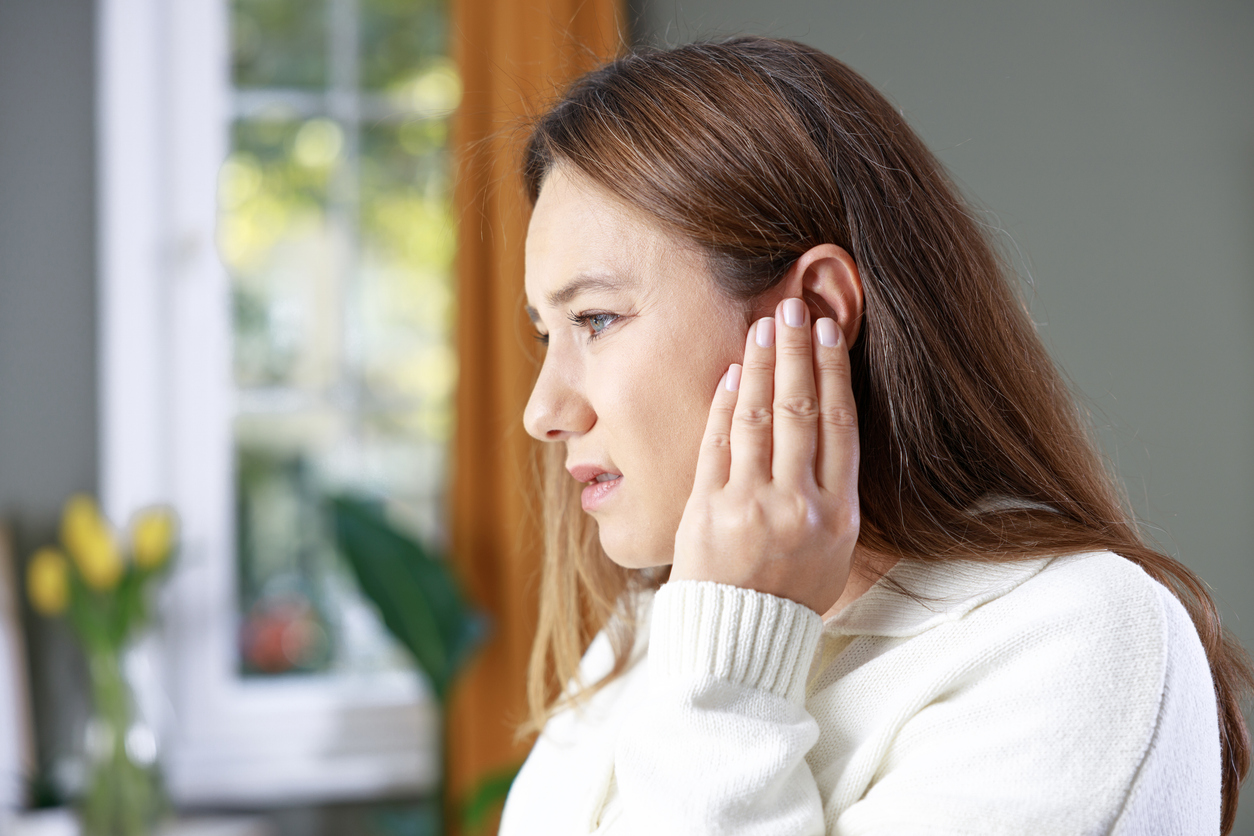Lymph nodes are located throughout the body: you have lymph nodes in your neck, under your chin, in your armpits and behind your ears. It’s common for lymph nodes to swell in certain circumstances, and when this happens, you can see or feel them with your fingers. This swelling may be alarming, but understanding what lymph nodes are and what other symptoms you should look for can help you determine if you need medical care. In most cases, it isn’t a serious medical concern and the swelling will go away on its own.
What Are Lymph Nodes?
Lymph nodes are part of the immune system. They store immune cells, which can destroy foreign invaders like viruses, bacteria and fungi. Lymph nodes also filter lymphatic fluid, which flows through cells, delivering oxygen and proteins while also carrying away germs, damaged cells and other waste that accumulates in the cells. The lymph nodes then remove that waste so the lymphatic fluid can recirculate.
Why Do Lymph Nodes Swell?

Because lymph nodes are connected to the immune system, they react to threats in the affected area, particularly infections. When lymph nodes are working hard to fight off an infection, they swell. When this happens, they may be tender or painful.
If the lymph node behind your ear is swollen, it may be fighting an infection in the ear, throat or eye.
When Should I Seek Medical Help?
The swelling in your lymph nodes will usually go away when your body defeats the infection, with no medical intervention necessary. Some home remedies include warm compresses and rest.
However, if other symptoms simultaneously indicate that the infection is getting worse instead of better, you may want to see a healthcare provider. These types of symptoms include:
- The size of the swelling is above 2 centimeters
- The swollen lymph node is hard or doesn’t move when you touch it
- Swelling hasn’t subsided after 3 weeks
- Persistent and/or high fever
- Hearing loss or tinnitus
Alternatively, you should consult a healthcare professional if your lymph nodes are swollen without a known cause. People with weak immune systems, who take immune system-suppressing drugs or who have HIV should contact their doctor if their lymph nodes swell.
Treatment for lymph nodes varies depending on the cause. Many infections can be treated with anti-inflammatory medication or antibiotics. Severe swelling or lymph node abscesses may require drainage. If you have concerns about your ears, lymph node swelling or hearing loss, book an appointment at Bangor Audiology and we can discuss with you.